You are here
Back to topJingold Deems Kiwifruit Ripening Key to Its Continued Growth
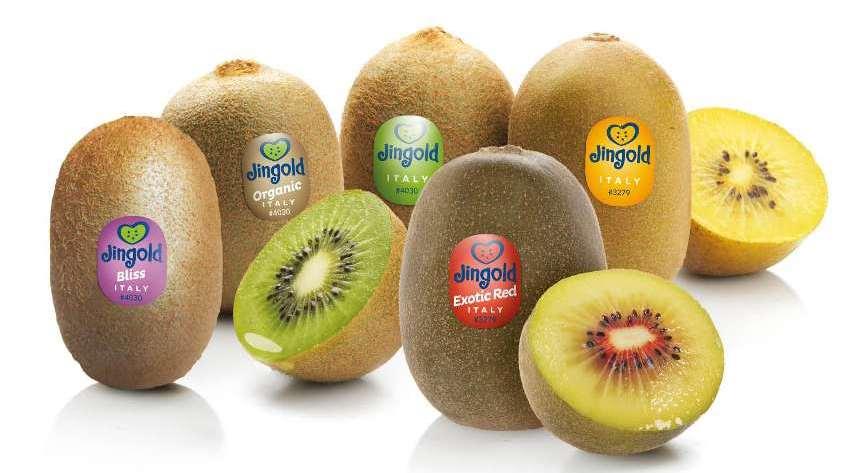
This content is sponsored by Jingold, the Italian kiwifruit brand that was founded in 2012 by producers to promote the yellow-fleshed kiwifruit variety Jintao.
In today’s world, many types of fruit, such as bananas, kiwifruit, avocados and mangos, must be harvested before reaching full ripeness. This raises the challenge that if consumers happen to buy these fruits while they are still of low ripeness, the unsatisfactory taste may become a barrier to repeat purchase. Consequently, in recent years, an increasing number of fruit companies have turned to artificial ripening in an effort to improve the eating experience for customers by supplying ready-to-eat fruit.
In the case of kiwifruit, the goal of transporting the fruit while it remains firm and consuming it once it becomes softer poses a substantial challenge for the supply chain. Produce Report recently spoke to Jingold, the Italy-based premium kiwifruit specialist, to learn about how to realize the rapid and efficient distribution of kiwifruit according to the customized quality requirements of buyers.
Jingold is renowned for its superstar yellow-fleshed Jintao cultivar, whose production has spread to multiple locations around the globe, including Italy, Chile, Portugal, Argentina and South Africa, to ensure a stable year-round supply.
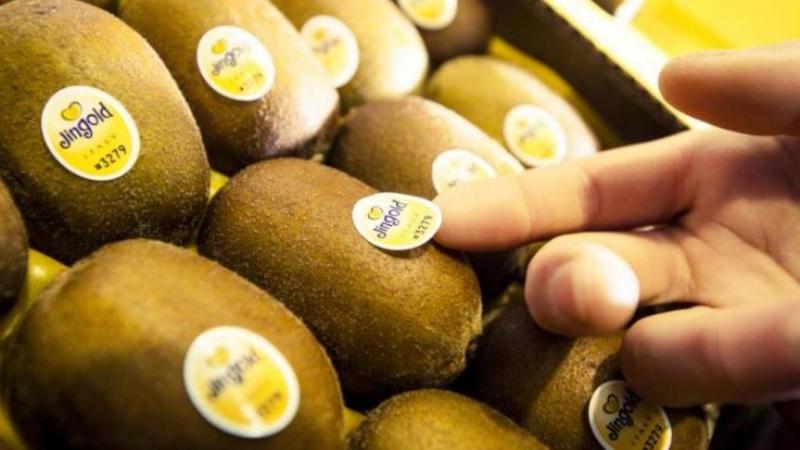
In addition to a robust nutritional profile and an excellent flavor, the Jintao cultivar is also distinguished by a relatively firm texture, which translates into a long storage life and low loss rate during shipping.
According to Jingold, kiwifruit varieties with differently colored flesh feature varying degrees of storage stability. Under the same conditions, green-fleshed kiwifruit varieties generally possess the longest storage life, followed by those with yellow flesh. Among the current yellow-fleshed varieties, the Jintao cultivar counts as one of the best; in a cold room at 0 degree Celsius, this cultivar can be stored for as long as five months.
In recent years, Jingold’s business in China has been more oriented toward wholesale markets. The firm nature of Jintao helps keep the loss rates minimal throughout the supply chain. However, as its sales channels in China have become more stable and diversified, Jingold is moving closer to the retail end of the market. As a result, ensuring that fruit reaches consumers at optimal ripeness has emerged as a top priority. By joining hands with other companies such as Shanghai Fresh Bridge (上海跨鲜贸易有限公司), Jingold has been able to supply kiwifruit of varying ripeness based on the requirements of its customers.

Although performing artificial ripening comes somewhat at the expense of shelf life and loss rate, after this process the fruit boasts an even superior flavor. While ripening intensifies the sweetness, the sourness is also preserved to some extent. The sour taste of kiwifruit is attributable to its high vitamin C content. This water-soluble vitamin acts as an antioxidant to protect against potentially damaging free radicals and also serves as an important cofactor in collagen synthesis. As vitamin C cannot be manufactured by the human body, it is an essential component of the diet. In this way, the Jintao kiwifruit cultivar is not only a delicacy but also a great source of numerous nutritional benefits.
Images: Jingold
This article was translated from Chinese. Read the original article.



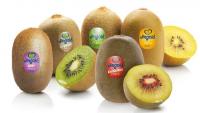

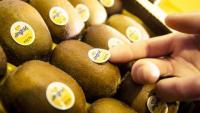
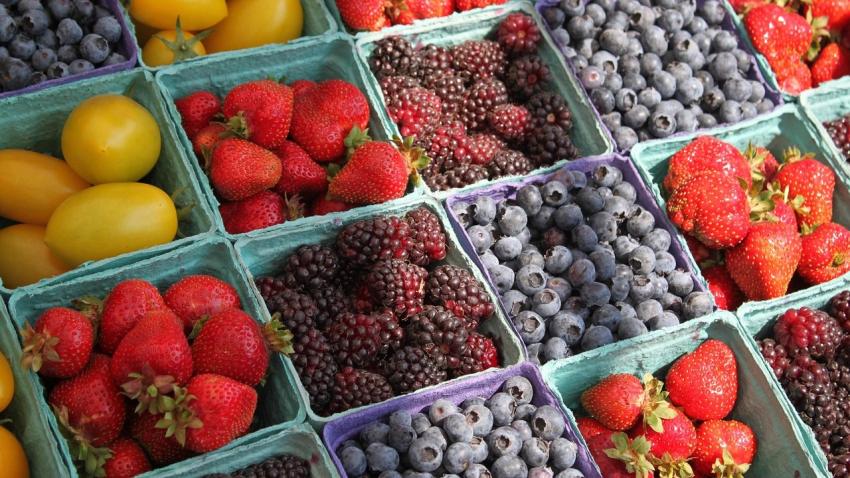
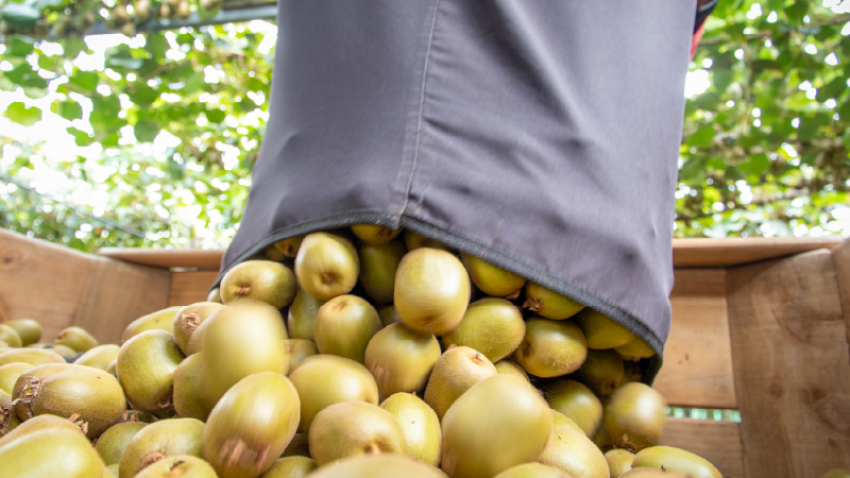
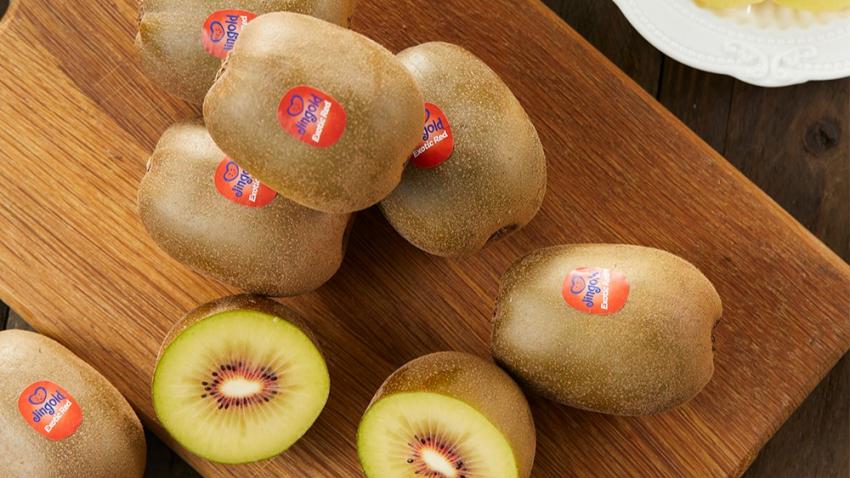
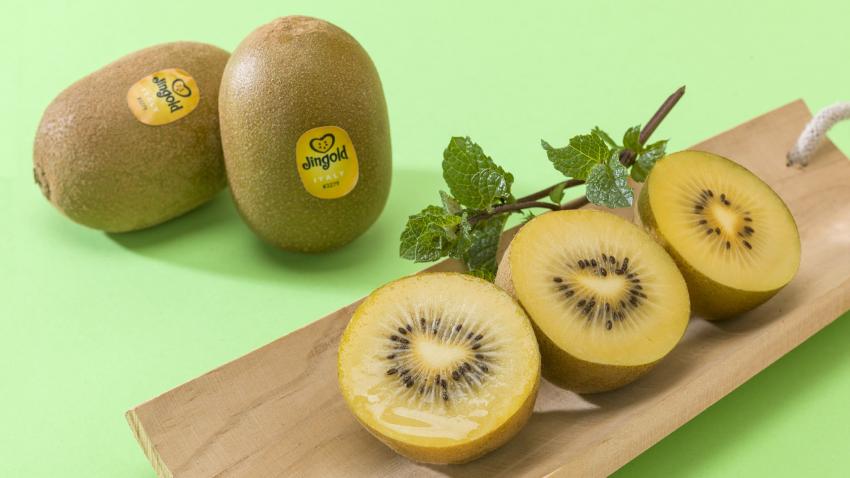







Add new comment